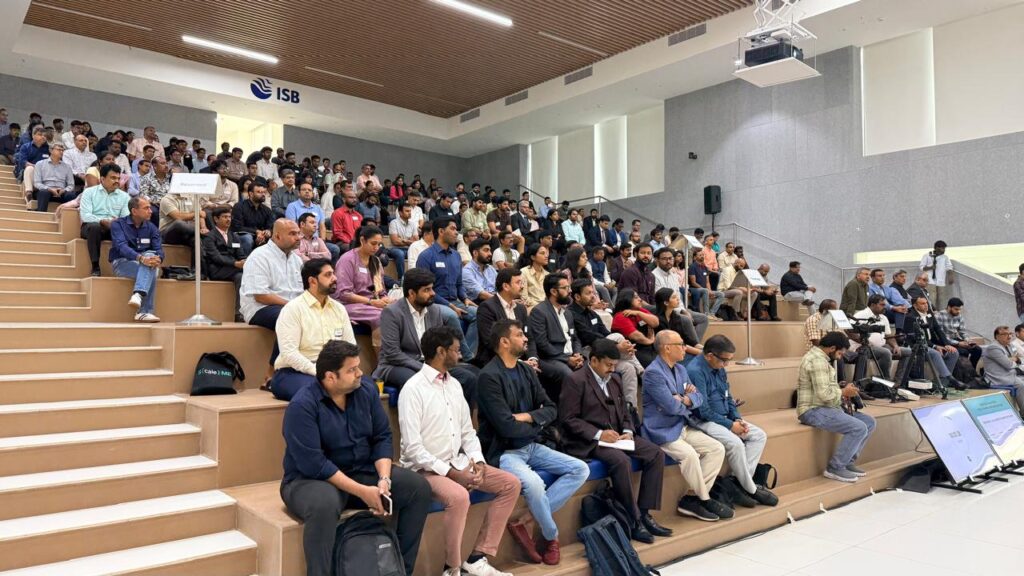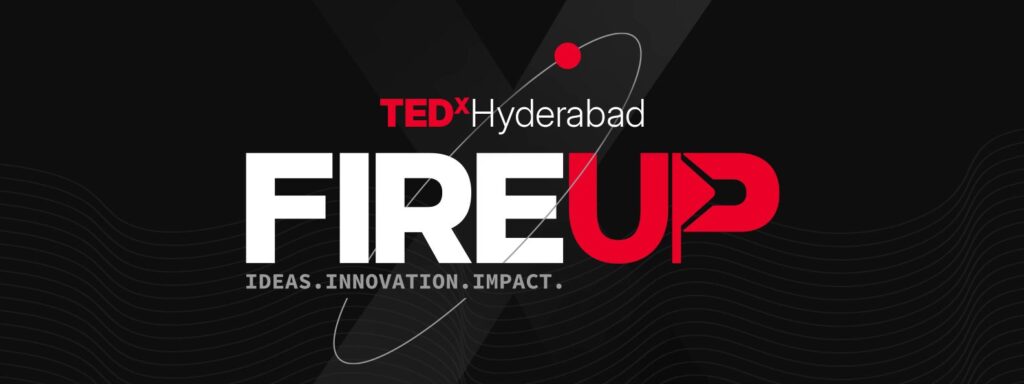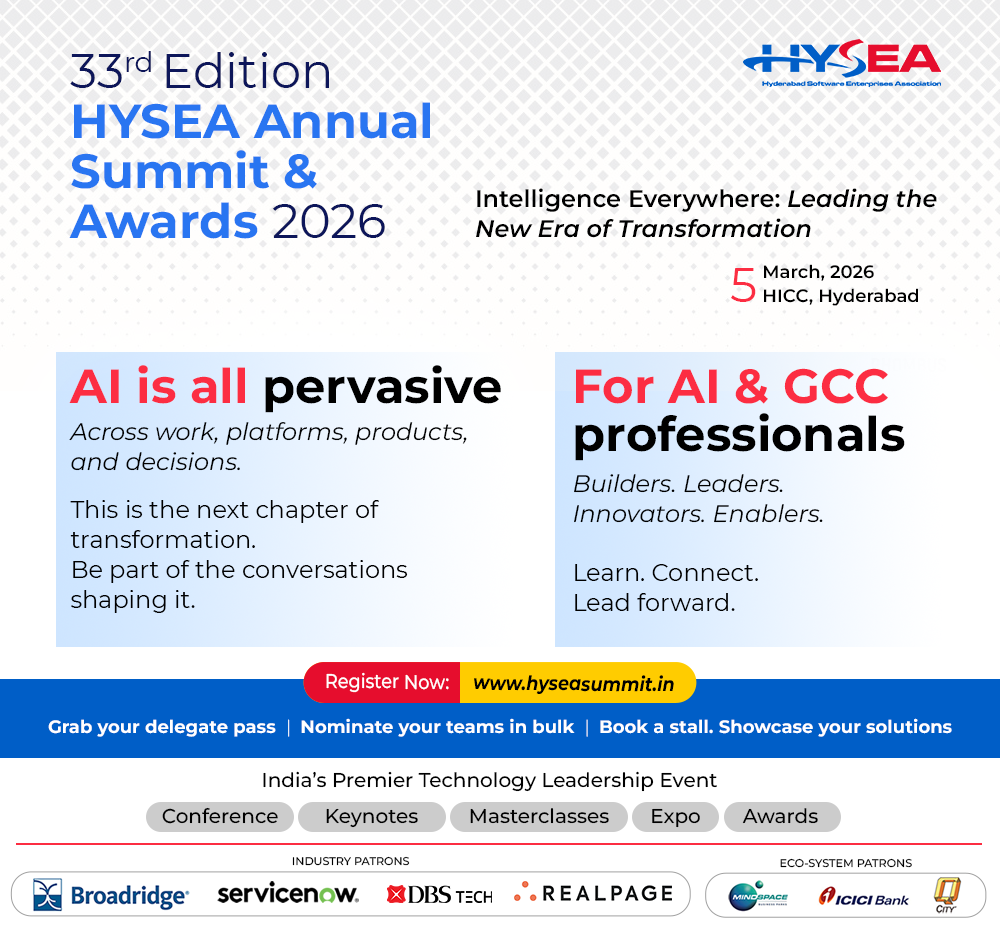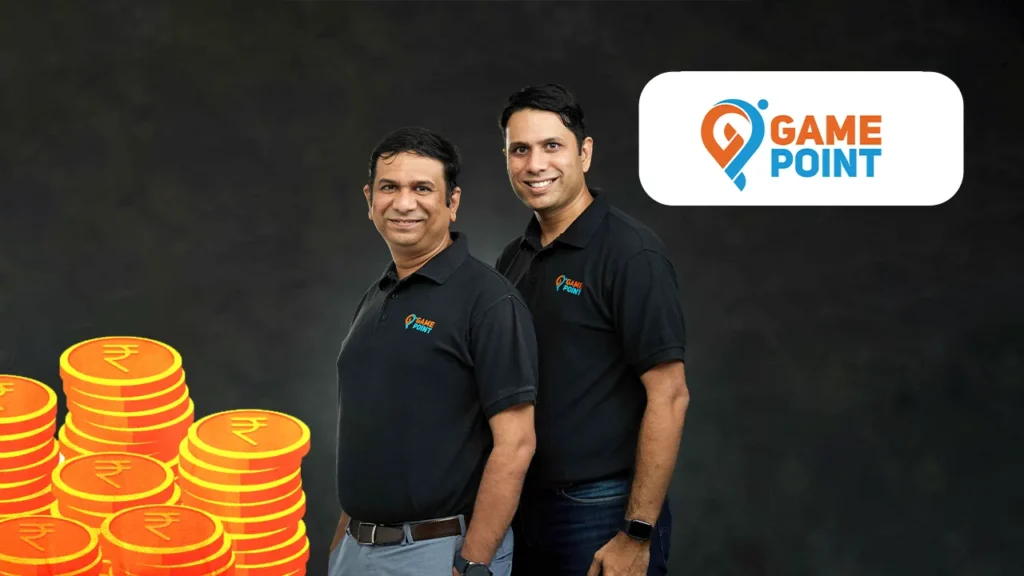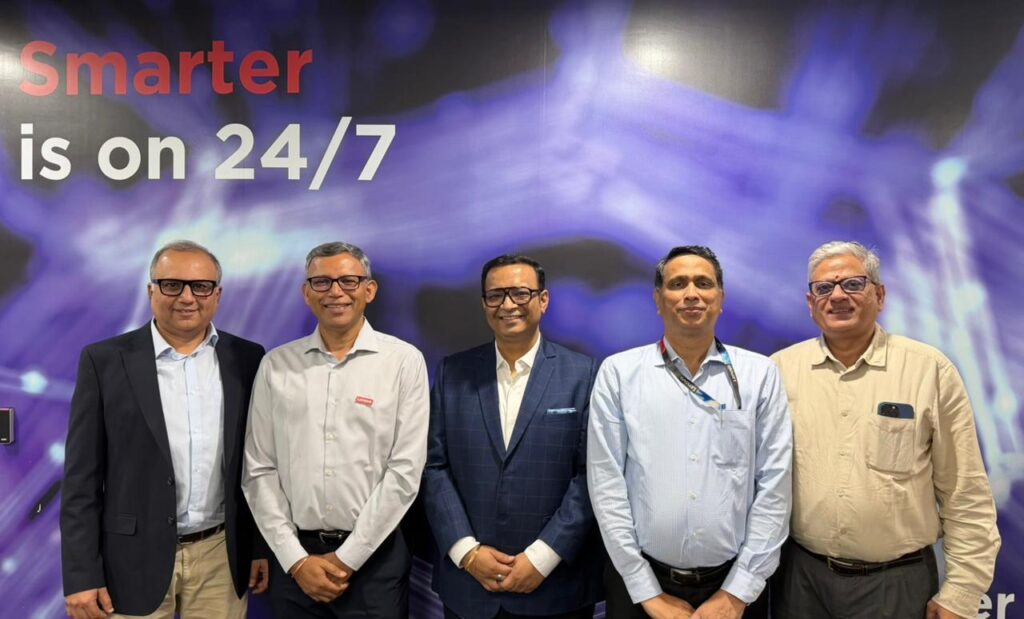Encryption keeps your valuable information safe. The ancient Greeks are said to have used a Scytale to communicate during military campaigns. A Scytale is a tool used to perform a transposition cipher, consisting of a cylinder with a strip of parchment wound around it on which is written a message. Documented towards the end of the fourth century BC, India, has the first reference, in recorded history, for the use of cryptography for political purpose through cipher-writing (gudhalekhya). From the Jefferson Wheel, to the Enigma Machine to our beloved AES and many other encryption schemes, the science of making plan text unintelligible by using mathematical techniques has kept valuable information safe throughout history.
Encryption conjures up images of secrecy, profound complexity only brilliant mathematicians or deep tech companies are comfortable with. However, almost everyone reading this post uses encryption every day. Applications like SSL, Secure Sockets Layer have modernized this perception. SSL is the standard security technology for establishing an encrypted link between a web server and a browser. If the websites you browse have https, you are using encryption. According to Mozilla, makers of the popular and relatively safer, Firefox browser, the average volume of encrypted internet traffic finally surpassed the average volume of unencrypted traffic. This is a wonderful milestone for everyone. Security is a lot more than encryption alone. However, encryption remains a vital and inalienable component of security.

Also, good technology in itself, is not enough. Technology needs to be contextually relevant. It must empower users without getting in the way. Encryption technologies continue to suffer from poor perception.
If done right, encryption will empower organizations to achieve the true, data centric security that is vital in today”s business environments. Our storage and compute needs are increasingly built around the cloud and rightly so – the cloud is flexible, easy to use and usually saves us time and money. However, by definition, these clouds are known as third party untrusted clouds. This underscores the importance of encryption to retain control over data, particularly in untrusted, third party cloud environments.
Getting the choice, i.e. the type of encryption technology to use, removing the barriers for end user adoption and the right implementation approach can propel your organization forward in multiple ways. The most important benefit of them all is to be earn the trust of an increasingly sceptical and concerned user community.
Ziroh Labs mission is to make a meaningful contribution towards solving two serious problems. First, the reckless invasion of privacy and the risk to business confidentiality on (some) third party, un-trusted clouds. The second problem is data breaches which are looking more inevitable than ever. Today, users have little option, but to compromise security for everyday convenience. At Ziroh Labs, we are trying to change that. High Data security and High Data Usability are not good to haves, they are must haves. You should demand both simultaneously, not one or the other.
Ziroh Labs future plans will revolve around the mission of decentralisation, software-defined security for the cloud and distributed computing.Ziroh Labs will continue to develop responsible software so that enterprises, big and small can responsibly handle sensitive and private information. It is the right thing to do. A (good and useful) product that also has a Privacy First principle will win in the long term.
Ziroh Labs is accelerated by Cisco’s launchpad and by the NASSCOM DeepTech Initiative.
[embedyt] http://www.youtube.com/watch?v=V3oa1PcRAgA[/embedyt]
And you can request access to the alpha release of their flagship product OStor at ziroh labs




